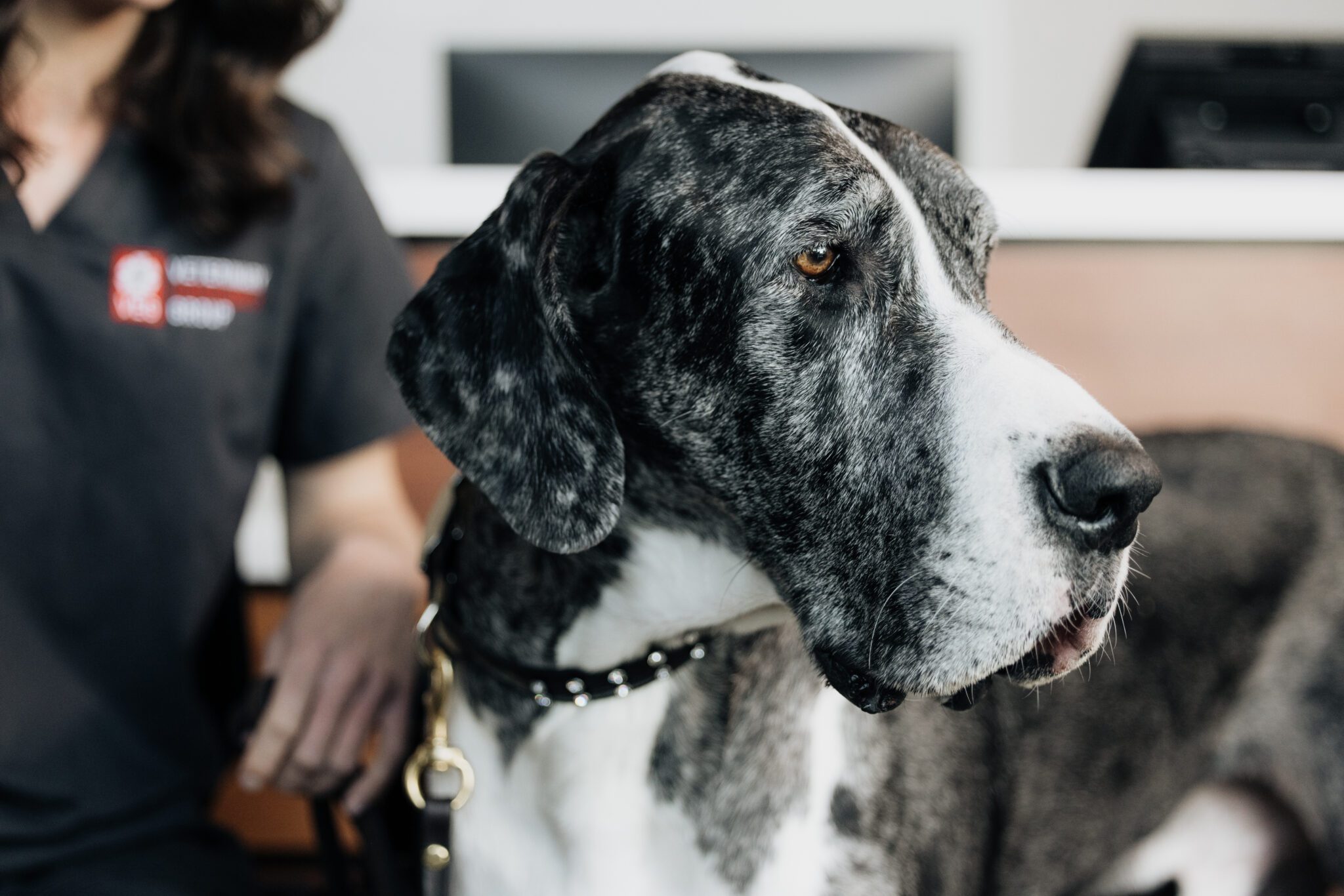
Dog Kidney Stones: What Pet Owners Should Know
Dr. Tara Miller
Call & Speak with a doctor Open 24/7, Even Holidays!
Walk in today for:
Emergencies
Point-of-Care Ultrasound
Urgent Care
X-Rays
Diagnostics + Testing
End-of-Life Care
Surgery
Treatment + Hospitalization
As a loving pet owner, you always want the best for your furry companion. When it comes to their health, being informed and proactive can make a significant difference. One health issue that can affect our canine companions is kidney stones. Let’s dive deep into understanding this condition and how VEG can support you and your pet.
Understanding Kidney Stones in Dogs
Read below to learn more about this condition:
What are Kidney Stones?
Kidney stones, or renal calculi, are hard deposits that form inside the kidneys. These stones are composed of minerals and acid salts. While they can occur in pets of any age, certain breeds and older dogs may be more susceptible.
How Do Dogs Develop Kidney Stones?
The exact cause can vary. However, factors like dehydration, urinary tract infections (UTIs), genetic predisposition, and certain metabolic disorders can increase the risk.
Symptoms
It’s crucial to recognize the symptoms early. Some common signs include:
- Blood in urine
- Frequent urination
- Straining to urinate
- Pain or discomfort in their belly
Please note that some dogs may show no signs at all. Regular check-ups can help identify issues before they become severe. If your dog suddenly becomes lethargic, refuses to eat, vomits, or shows any distress related to urination, it’s time to seek immediate veterinary attention.
Diagnosis and Treatment
At VEG, our experienced vets use a combination of physical examinations, urine tests, X-rays, and ultrasound to diagnose kidney stones. These diagnostic tools help determine the size and location of the stone.
Treatment Options
Treatment can range from dietary changes and medication to more invasive procedures like lithotripsy or surgery, depending on the stone’s size and location. It’s essential to consult with a veterinarian for an appropriate course of action. Please refrain from seeking in-home treatments or remedies without professional guidance. At VEG, we prioritize your pet’s health and well-being, ensuring they receive the best care.
Preventative Measures and Care
Below are ways you can aid in the prevention of this condition:
Diet and Hydration
A well-balanced diet and ensuring your dog remains hydrated are vital in preventing the formation of kidney stones. Consult with your vet about specific dietary recommendations tailored to your pet’s needs.
Regular Vet Check-ups
Routine check-ups at your primary care veterinarian can help monitor your dog’s kidney health and catch any potential issues early. VEG is here for you if you notice any changes in your pet’s urinary habits or they exhibit and of the above symptoms. This proactive approach is key in preventing severe complications and ensuring your dog’s longevity and happiness.
Contact VEG if You Think Your Dog Has Kidney Stones
While kidney stones in dogs can be concerning, being informed and vigilant about their health can help address and manage the condition effectively. Should you notice any symptoms or have concerns about your pet’s health, don’t hesitate to visit one of our VEG locations. Your pet’s well-being is our utmost priority, and our dedicated teams are here to support you every step of the way.

